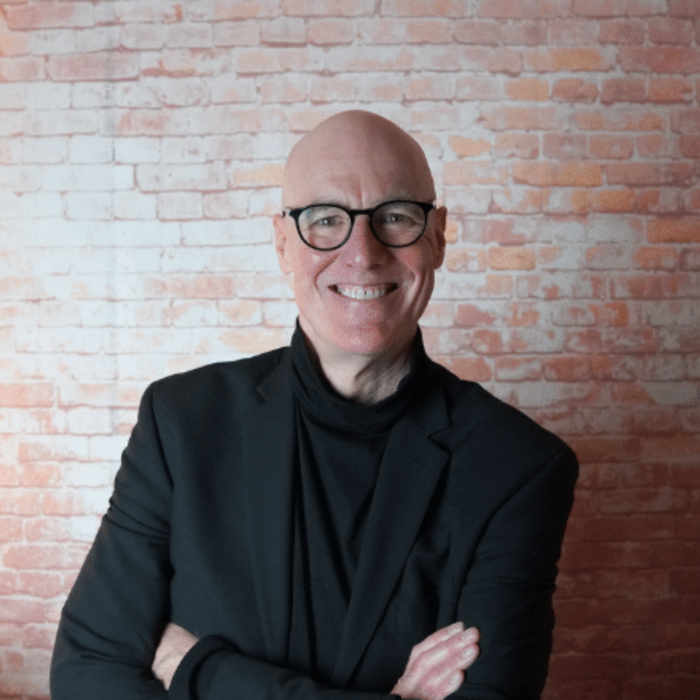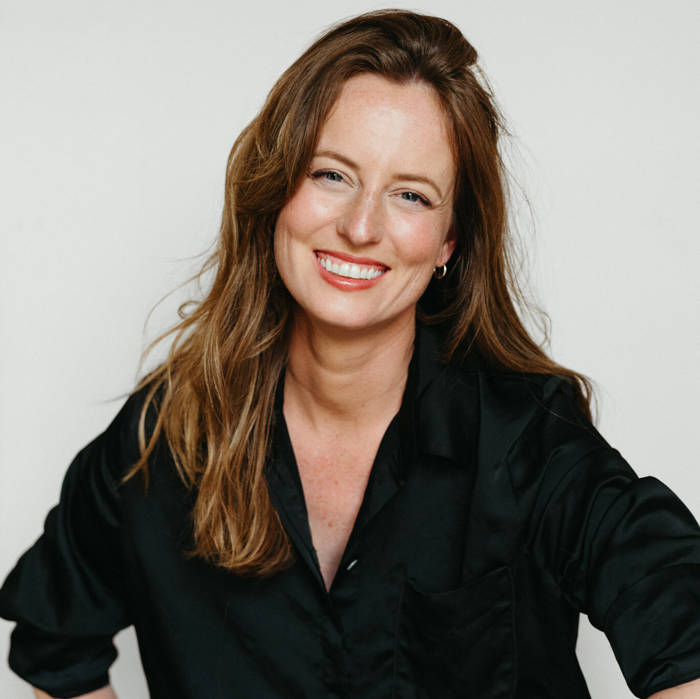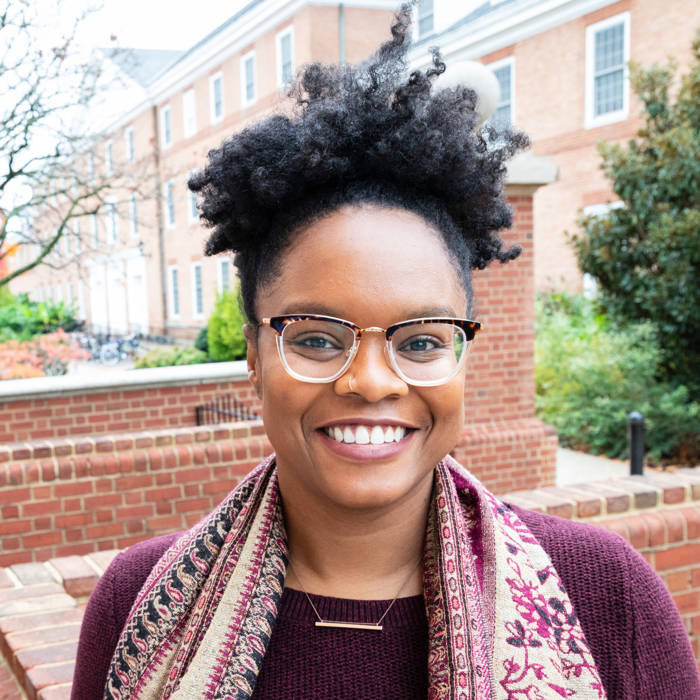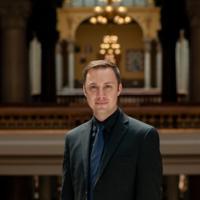Queering Vocal Pedagogy: Affirming Trans and Genderqueer Singers
Thursday 14th March 2024, 5:00 PM - 7:00 PM (London Time)
As a provocative renaming of gay and lesbian studies in the 1990s, “queer theory challenges the normative social ordering of identities and subjectivities” (Brown & Nash, 2016, p. 5). Though queer is used as an identity marker for some LGBTQIA+ persons, as a praxis, queer theory carves space for new perspectives and pedagogies. Annamarie Jagose (1996) explains, “Queer is widely perceived as a calling into question conventional understandings” (p. 97). When used as a verb, 'queering' calls on the re-examining needed to affirm transgender and genderqueer individuals. Thus, queering vocal pedagogy – as a way of querying vocal instruction with an integrated perspective of gender-expansive voices – is an iterative process to make singing instruction wholly welcoming and affirming of all identities.
The intent of queering vocal pedagogy is to maintain a close and critical observation of our traditional practices. Queering is more than inclusivity or a formula of 'best practices'. In music education, Gould (2013) applies queer theory in her discussion of “companion-able species”, where teacher and student, as companions, co-create learning and teaching. Gould inspires queering vocal pedagogy to be an inquiry and interrogation in all domains of vocal teaching – from the socio-ecology of the studio to the technical know-how of singing, from teacher and student rapport to repertoire selection. As a disruption of the status quo, queering our teaching dismantles inequality, invisibility and marginalization in the teaching of singers.
Rooted in a multi-case research project, this session explores the experiences of transgender and genderqueer singers in private voice instruction. Through the lenses of six singers, including a teenage transgender woman, an adult transgender woman, two adult transgender men, and two adult trans/non-binary singers, this session imparts both practical and theoretical knowledge and brings attention to implicit biases that dominate the field of vocal pedagogy. Attendees will garner specific strategies in voice teaching, a greater understanding of affirming gender language, and an overview of the impact of gender in the teaching of singers.
Citations:
Browne, K. & Nash, CJ (2016). Queer methods and methodologies: An introduction. In Browne, K. & Nash, CJ (eds.), Queer methods and methodologies: Intersecting queer theories and social science research (pp. 1-23). Routledge.
Gould, E. (2013). Companion-able species: A queer pedagogy for music education. Bulletin of the Council for Research in Music Education, 197, pp. 63-75.
Jagose, A. (1996). Queer theory: An introduction. New York University Press.
Dr William Sauerland
Dr William Sauerland (he/they) is Assistant Professor of Music and Director of Choral Studies for the School of Music at Purdue University – Fort Wayne, conducting choral ensembles, teaching classes in applied voice and music education, and supervising student teachers.

Attend this course for as little as £22 as part of the Voice Professional Training CPD Award Scheme.
Learn MoreSorry, this is an archived short course...
We have plenty of upcoming short courses coming soon. See details of some of them below or look at the full list of short courses.

Tuesday 22nd July 2025
5:00 PM - 7:00 PM
Tuesday 29th July 2025
5:00 PM - 7:00 PM
Tuesday 5th August 2025
5:00 PM - 7:00 PM
Tuesday 12th August 2025
5:00 PM - 7:00 PM
Tuesday 19th August 2025
5:00 PM - 7:00 PM
Tuesday 26th August 2025
5:00 PM - 7:00 PM
(London Time)
Certificated Public Speaking Coach qualification - with John Henny

John Henny
Would you like to be a certified public speaking coach? Join the renowned John Henny for this exciting new online course! This six-week online certification course is designed to equip voice teachers with the specialised skills needed to work with public speakers, corporate trainers, educators, and presenters. Unlike a general public speaking course, this program is specifically tailored to train-the-trainer, giving voice professionals structured methodologies, coaching techniques, and applied skills to enhance vocal delivery, confidence, and influence in professional speakers.

Thursday 24th July 2025
5:00 PM - 6:00 PM
(London Time)
Transitioning From Soprano To Mezzo-Soprano - Pedagogical Approaches!

Dr Caitlin Moore
This workshop will explore the considerations for transitioning from soprano to mezzo-soprano. We will examine the history and vocal science related to voice classification as well as interviews with singers and voice teachers. Interviews feature singers who have experienced this Fach change themselves, as well as voice teachers who have helped singers navigate this shift.


Tuesday 29th July 2025
5:00 PM - 7:00 PM
(London Time)
Towards a Jazz Pedagogy: Lessons from Legends and Educators!

Dr Autumn Griffin
Join Dr Autumn Griffin as she explores the foundational tenets of jazz pedagogy as both a conceptual and practical framework for teaching, in this two-hour workshop. Drawing from her research in “Towards a Jazz Pedagogy: Learning with and from Jazz Greats and Great Educators,” she’ll investigate how jazz (its historical and cultural legacy, structure, improvisation, and relationality) can be mobilized to inform dynamic, liberatory educational practice!
